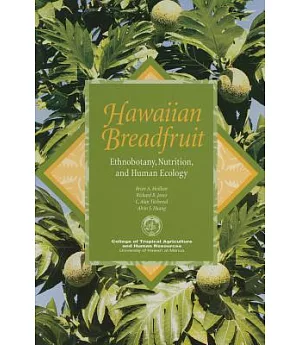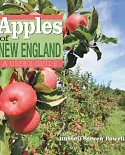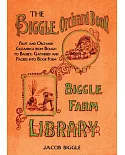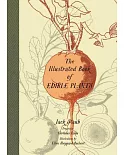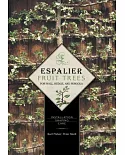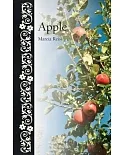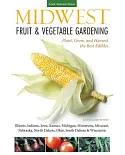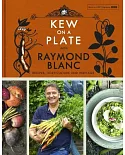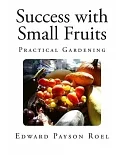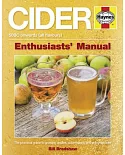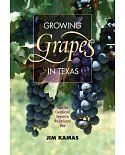Breadfruit, called ‘ulu in Hawaiian, was one of the plants Polynesians brought in their sailing canoes when they discovered the Hawaiian Islands. It is a staple food throughout the Pacific, and
in ancient Hawai‘i it was a crop of much greater nutritional, cultural, and political significance than its presentday status here suggests. The authors of this book assembled historical
references to ‘ulu and did nutrient analyses to develop a picture of the tree’s former importance. Through its manifold uses, its widespread cultivation, and its nutritional similarity to the
other Hawaiian staple, kalo (taro), Hawaiian breadfruit is revealed to have had a profound role in the Hawaiian culture and the human ecology of the archipelago. This brief study of ‘ulu will
reward those interested in Hawaiiana with a new perspective on a familiar tree of Hawaiian landscapes, a tree which—according to the authors—deserves much greater appreciation and use.

